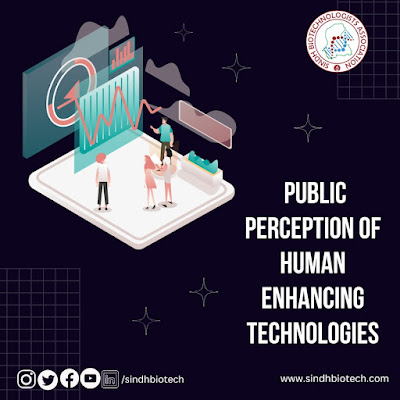SURVEY ON PUBLIC AWARENESS AND PERCEPTION ABOUT GENETICALLY MODIFIED ORGANISMS
INTRODUCTION
Gene technology as a technology is potentially a short way to Improving domesticated plants and animals, mainly because it can bypass biological barriers for recombination and genetic exchange across unrelated species by creating transgenes.The term GMO may be used in a broad sense to include all life forms, but the most common application of the term is limited to confine GM plants and animals.The term “genetic modified organisms (GMO)” has become a controversial topic as its benefits for both food producers and consumers are companied by potential biomedical risks and environmental side effects. Increasing concerns from the public about GMO, particularly in the form of genetic modified (GM) foods, are aimed at the short- and long-lasting health problems that may result from this advanced biotechnology. Complex studies are being carried out around the world independently to evaluate the advantages and disadvantages of GM foods. In this survey we attempt to summarize up-to-date knowledge about the benefits and potential problems of GM food and organisms. We also introduce some recent technological developments in GMO and foods and their impact in the field.The use of biotechnology in food production has generated considerable debate involving the benefits and risks associated with its use. Consumer acceptance of genetically modified foods is a critical factor that will affect the future of this technology. Using data from a national survey, this study examines Scientists employing methods of genetic engineering have developed a new group of living organisms, termed ‘ genetically modified organisms’, which found application in, among others, medicine, the pharmaceutical industry and food distribution. The introduction of transgenic products to the food market resulted in them becoming a controversial topic, with their proponents and contestants.
METHODOLOGY:
A cross sectional survey based study was conducted to explore knowledge and attitude of most of the students towards GMO, students from different academic discipline participated
AIMS AND OBJECTIVE OF SURVEY:
The presented study aims to
• systematize objective data on the potential benefits and risks resulting from the consumption of transgenic food
• Determine the level of awareness and understanding among the public regarding GMOs, including their definition, applications, and potential benefits.
• Assess the level of acceptance or resistance among consumers towards GMOs in food products and other applications.
• Determine the primary sources from which the public acquires information about GMOs, including media, educational institutions, or scientific organizations.
• Investigate the factors that influence people’s decisions to support or oppose the use of GMOs,
• Explore preferences for the future development and use of genetically modified products
:
REFERENCES:
· https://advances.nutrition.org/
· https://agro.icm.edu.pl/agro/element/bwmeta1.element.agro-bdc9675b-3dd0-4cba-9d3c-a2300402bc58
· https://onlinelibrary.wiley.com/doi/abs/10.1046/j.1470-6431.2003.00303.x
· https://www.sciencedirect.com/science/article/pii/S2213453016300295
BBy: Narmeen Maqsood




Comments
Post a Comment